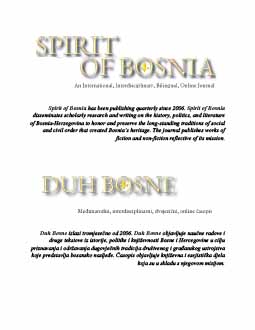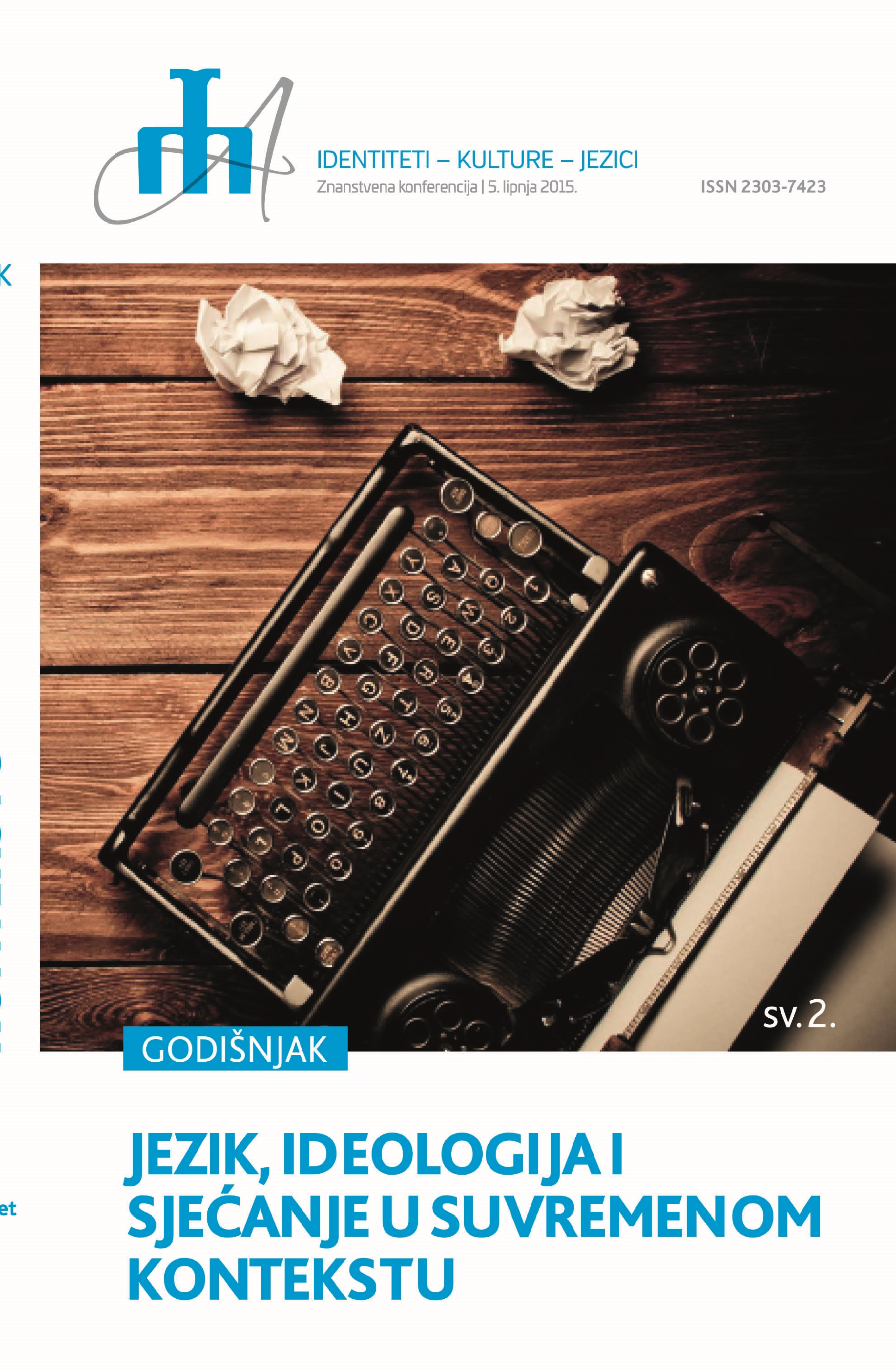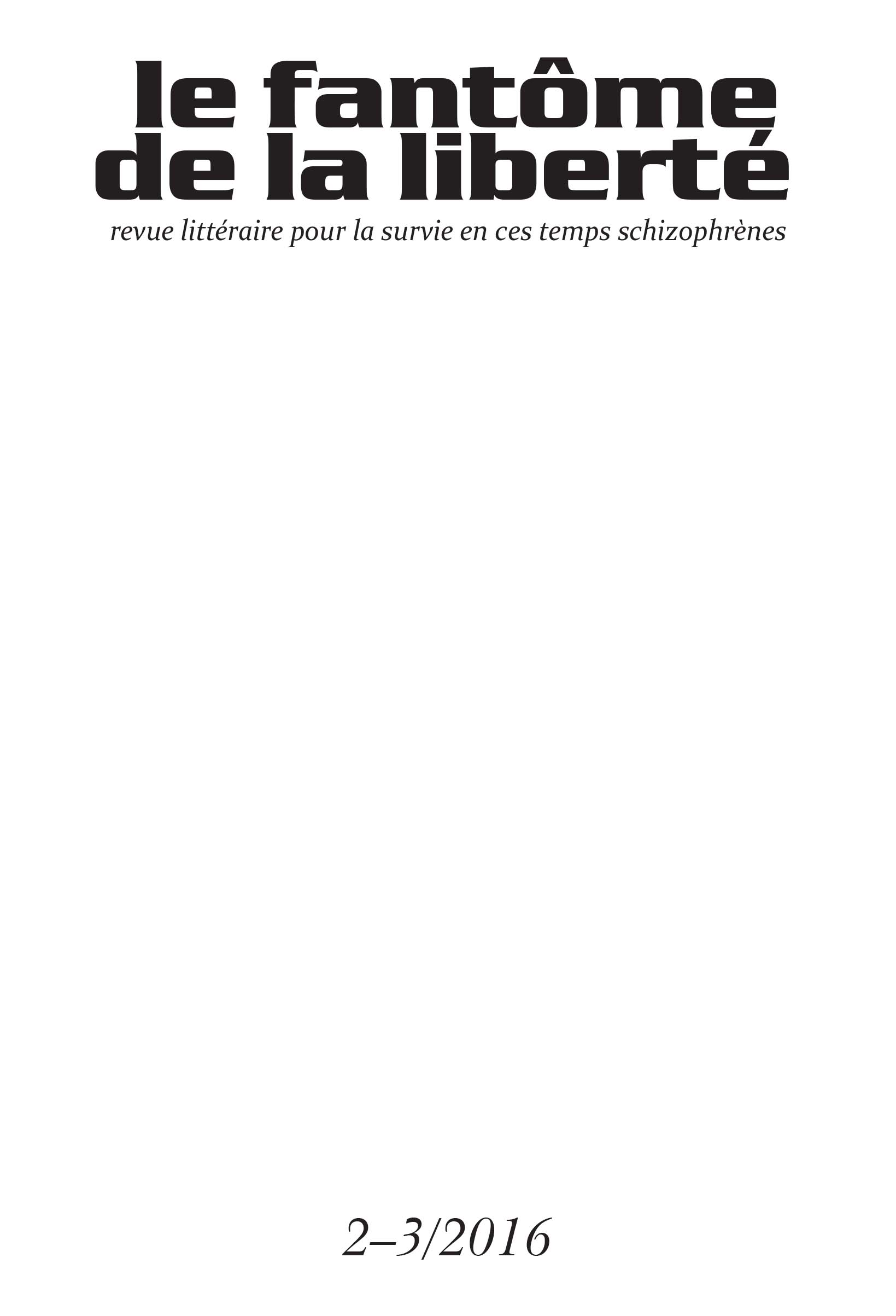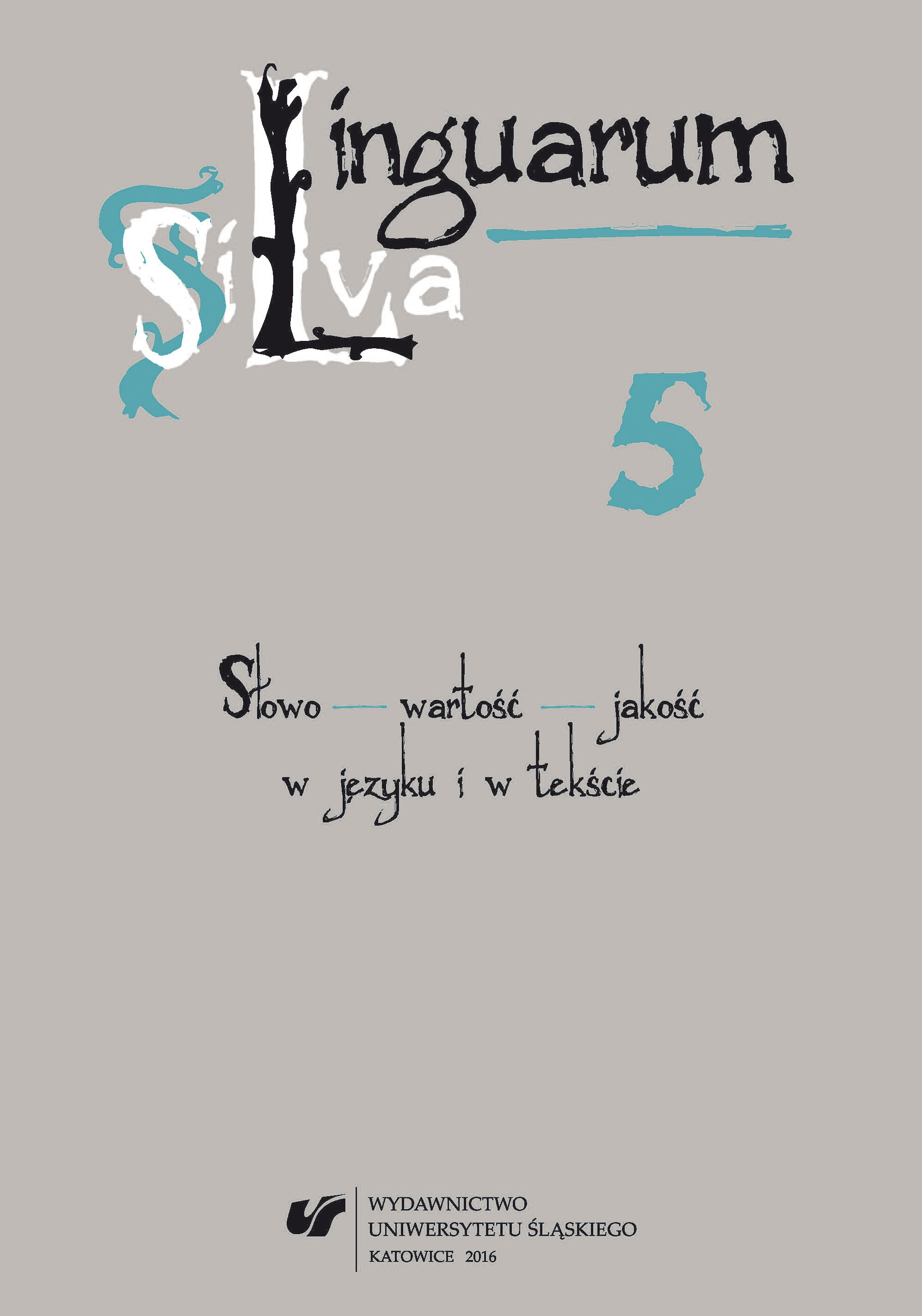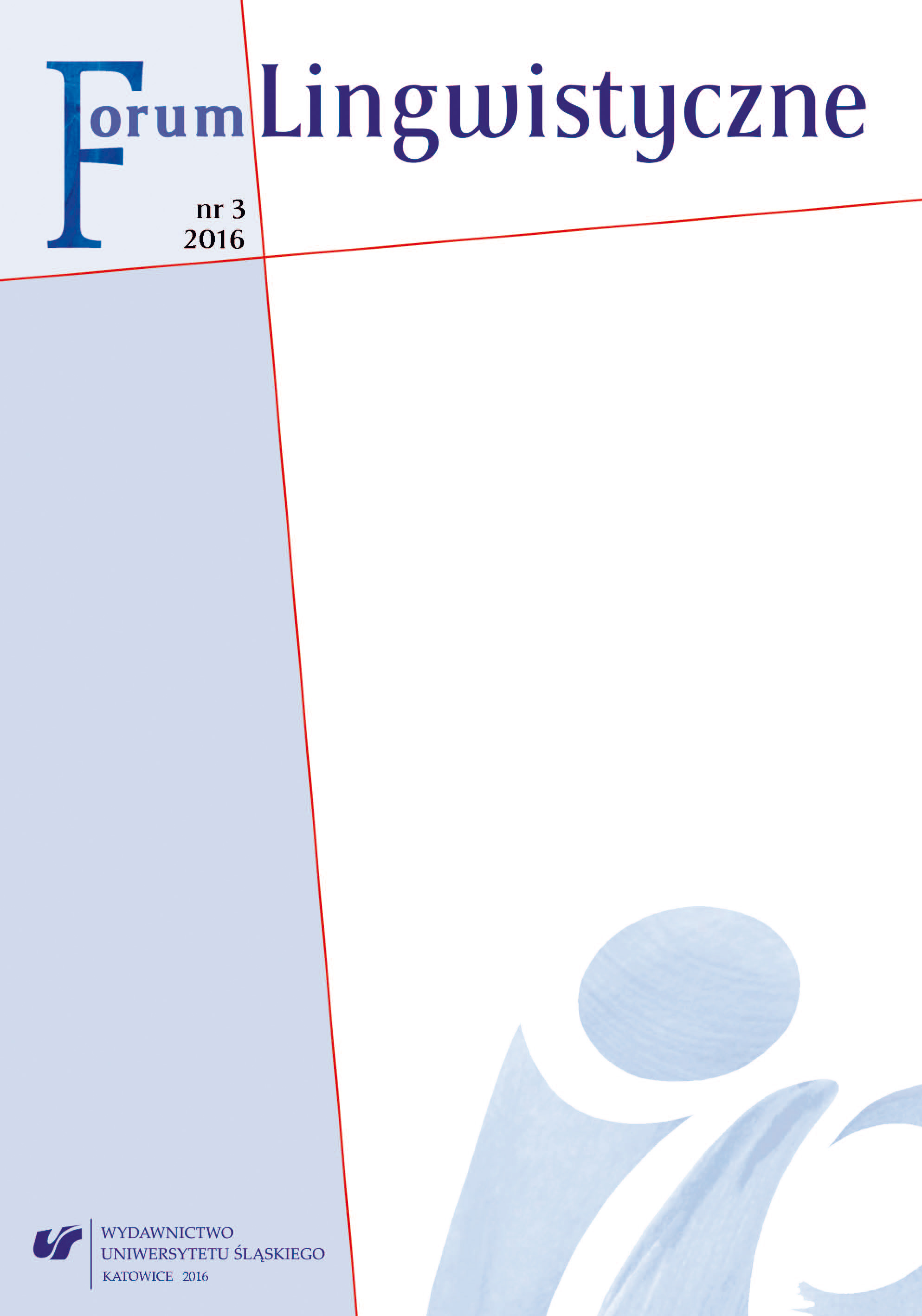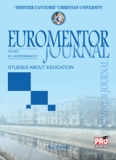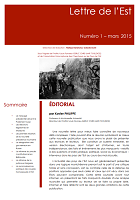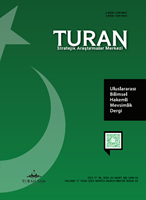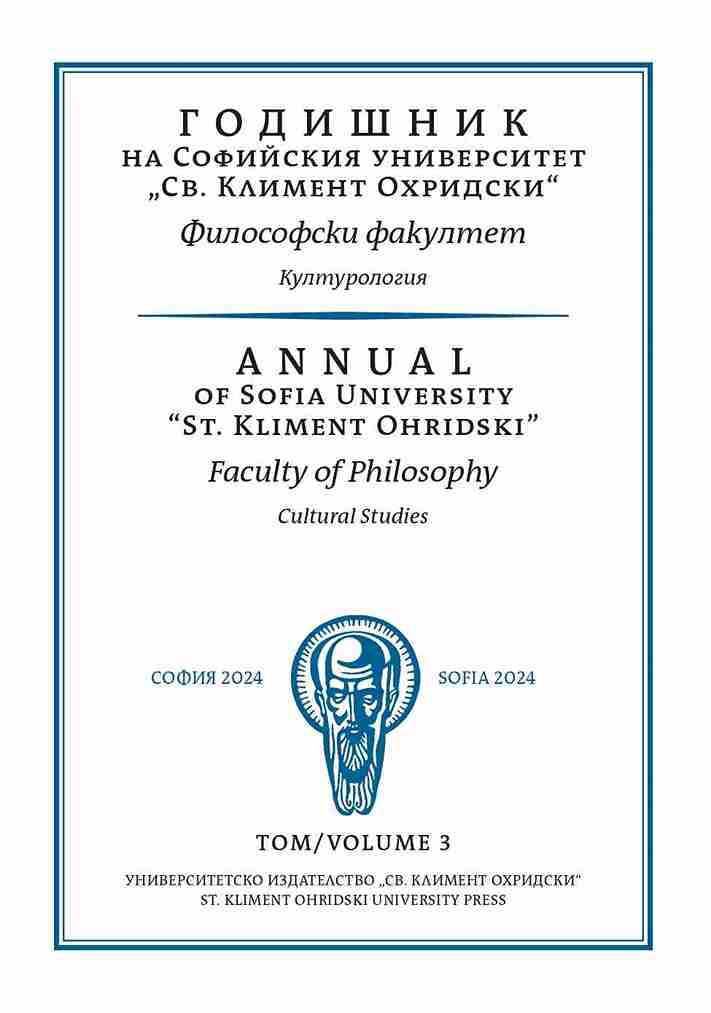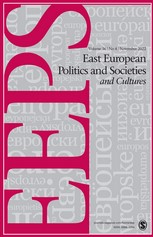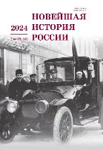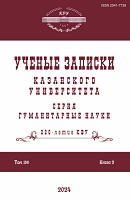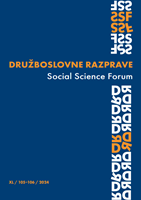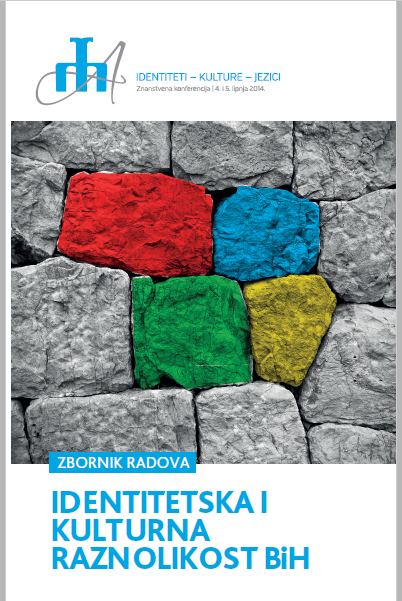
JEZIČNOSTILSKE ZNAČAJKE IDIOMA U TV DNEVNICIMA BOSANSKOHERCEGOVAČKIH JAVNIH RTV SERVISA
The paper deals with linguistic and stylistic features of idioms in TV news of Bosnian-Herzegovinian public media services. News are given in Serbian, Bosniak, marginally in Croatian and very often in the so called mixed language. Numerous means characteristic for publicist-journalist functional style such as journalism, pleonasm, internationalism, nomenclature; metaphor, metonymy, comparison, personification, irony, ellipsis, phrasemes, etc. are recognized at the lexical level. News which were analyzed are those of RTRS, FTV and BHT in the period from 1995 to 2005.
More...
